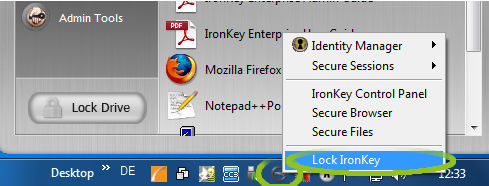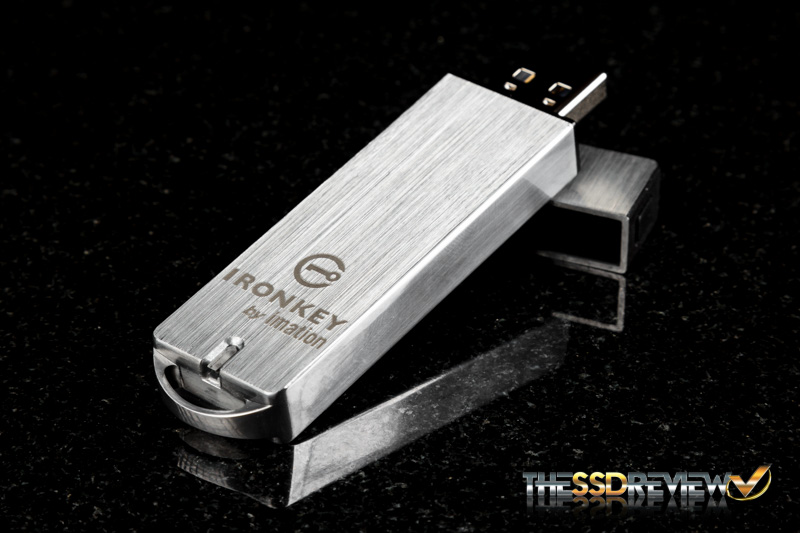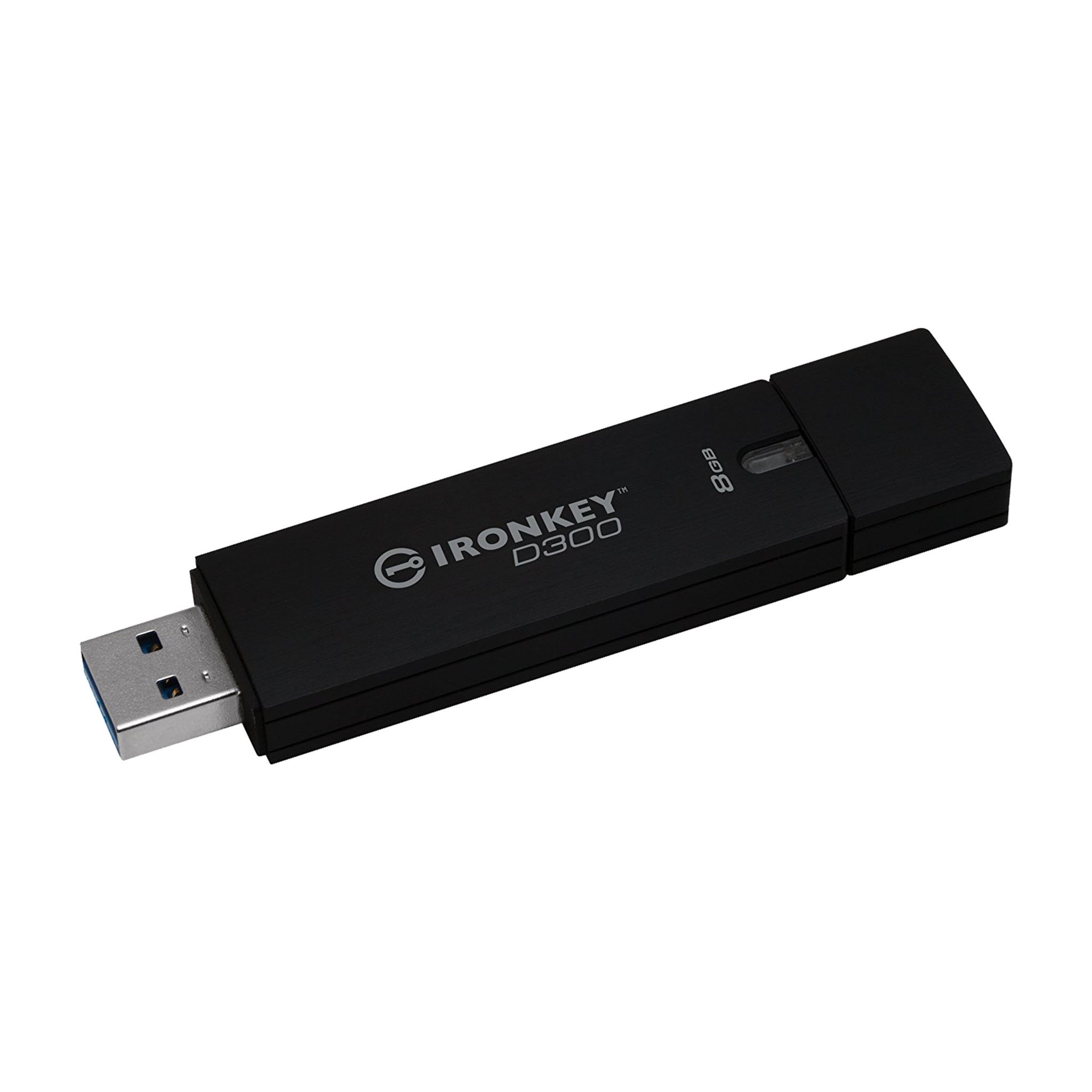

You might want to go digging in a landfill in Wales. Forget about trying to find sunken treasure. He had the password to 7,500 bitcoins on that device, bought in 2010, when bitcoin was very cheap. Unfortunately his computer was "compressed" and "buried" along with the rest of the trash. He was hopeful that it had been sorted out into a technology pile and maybe he could find it. Unfortunately the password to his virtual wallet was on that hard drive, and only that hard drive.Ī couple of months after he realized what he had done, Howells ran to the landfill to try to recover his hard drive.

All his information was on newer computers, so he tossed it in the trash can. He's not the only oneīack in 2013, the BBC reported that James Howells had thrown out a hard drive that he hadn't used in three years. So far, that $128 jump drive is holding strong. With $280 million at stake, it's possible that one day some brilliant hacker might be able to outwit that little device. If that happens, the password to Thomas' digital wallet (and his money) are lost forever. Two more wrong attempts, and the IronKey wipes all the information on it. Thomas has made eight attempts to unlock the device.

You can get an IronKey flash drive for $128 on Amazon. The problem is that he can't remember what password he used for that drive. The password to all that money is on the IronKey flash drive. At that price, his coins are worth around $265 million. And Thomas still owns his 7,002 bitcoins. The value of Bitcoin has skyrocketed, from a few dollars to $38,000. After that, the encryption key is automatically erased and the information is lost forever.įast forward a decade. You're only allowed 10 attempts to guess the password of an IronKey.

It's military-grade hardware, impervious to all attacks. Even the company that makes the IronKey, Kingston Technology, can't break into an IronKey. His last hope is an IronKey, an encrypted flash drive. Thomas kept his password in three different places.


 0 kommentar(er)
0 kommentar(er)
